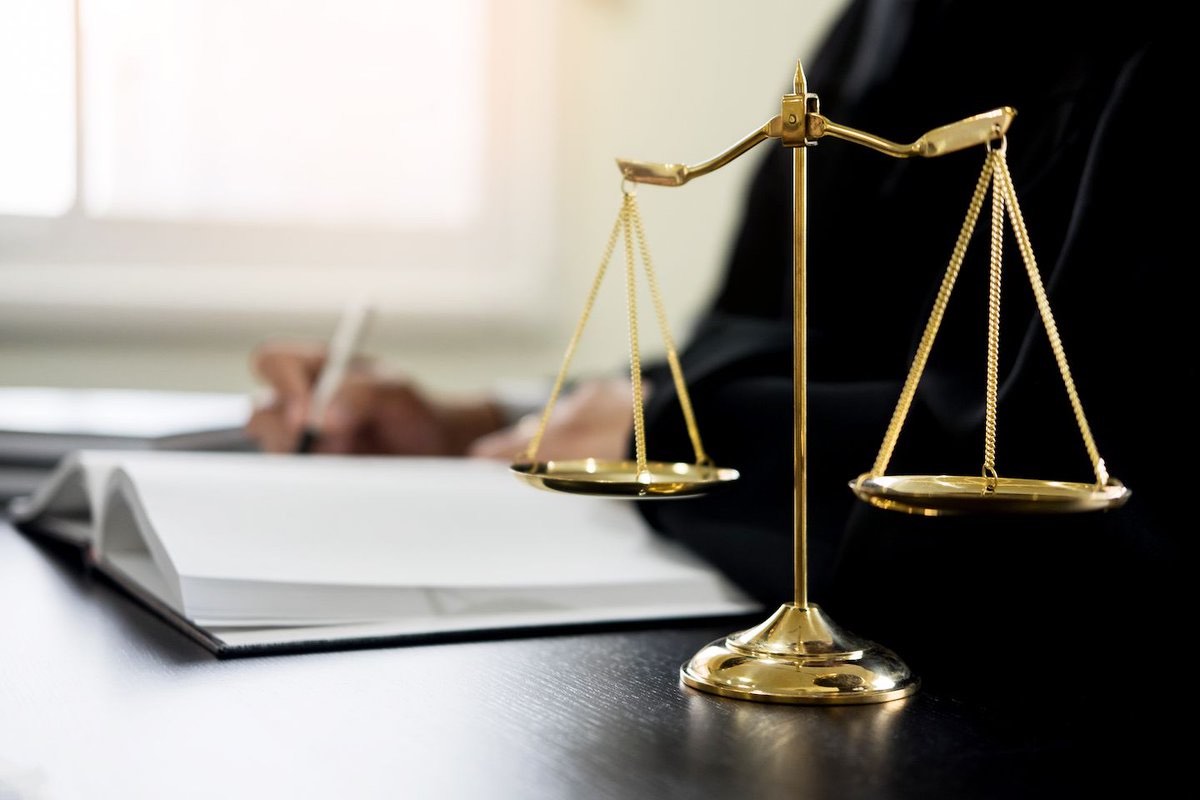Knowing Your Rights: What Does the Miranda Rule Say?
If you’ve ever watched a crime show you’ve heard the words “You have the right to remain silent…” This is the beginning of The Miranda Warning – a set of rights that police are required to ensure that a suspect understands when being put under arrest.
What does the Miranda rule say, and why is it important? Stick with us as we review the rule’s history, meaning, and some other interesting facts!
The History of Miranda Law
First things first, why are they called Miranda rights and why does this exist in the first place? Here’s a little piece of history you should know.
The law originated following a landmark case heard by the Supreme Court in 1966. The case, Miranda vs. Arizona, was based on the arrest of Ernesto Miranda for stealing $8 from a bank worker in Arizona.
The man was held and interrogated for two hours, after which he admitted to the robbery, and also to a kidnapping and rape. He was found guilty based on this confession.
However, he was never told that he didn’t have to answer the police’s questions or that he could have spoken to a lawyer. The case was appealed to the Supreme Court, where it was turned over due to him not being informed of his rights.
Since this decision, police now recite these rights to every suspect before questioning. This helps to ensure that anything the suspect says will not be kept out of the case when they try to prosecute it.
What Does the Miranda Rule Say, And What Does It Mean?
Each state actually determines exactly what must be included in a Miranda warning. However, according to the Supreme Court, officers must clearly communicate these four points.
1. The Right to Remain Silent
If a suspect refuses to answer questions, they’re exercising their right to remain silent. The police cannot make you answer, and your refusal cannot be seen as suspicious.
However, it’s important to note that this applies after you’ve been read your rights. Before that, it’s considered “Pre-Miranda silence,” and can be seen as “unusual and suspect.” You can get around this by making a single statement like, “My lawyer has always advised me not to answer questions unless he’s present” – and then not saying anything else.
2. Anything You Do Say Can Be Used Against You in a Court of Law
If you ignore the right to remain silent and start answering questions, or give a full confession, you do it knowing that the police can use this information against you when your case goes to court.
In many cases, the only evidence authorities have over a suspect is the confession they make. By giving this warning, they can avoid the defense attorney saying that the person didn’t understand the danger of making a confession.
3. You Have the Right to Have an Attorney Present
Every suspect has the right to have legal counsel present when they’re answering questions. If you ask for an attorney at any point, they must stop all questioning until one arrives.
4. If You Cannot Afford an Attorney, One Will Be Appointed to You
If a suspect can’t afford to pay for an attorney, the previous right could be completely irrelevant. This is why police must also inform you that they will assign one to you if you can’t afford to retain one on your own.
Common Misconceptions
Many people falsely believe that if you’re arrested without hearing your Miranda Rights, the case will automatically be thrown out. This isn’t true!
In fact, you should take the time to learn more about what to expect in case you’re arrested. This will help ensure that you’re prepared and give you the best chance of avoiding prosecution.
The truth is that police can ask you routine questions – like your name, birthday, address, and Social Security number – without the need to read you your rights.
There’s also one notable exception to the rule. A 1984 Supreme Court ruling in the case of New York vs. Quarles found that a suspect can be questioned before being read their rights and it can be used against them – if it’s determined that there’s an imminent threat to public safety.

Under the guise of questioning potential terrorists, the Obama administration and Attorney General Eric Holder asked Congress to “clarify” and “modernize” this public safety exception. However, this did not pass and it was determined that the Miranda Warning doesn’t obstruct the government’s ability to retain information from terror suspects.
So… What Happened to Miranda?
Before we go, we’ll leave you with an interesting bit of history that you can share with your friends. You see, based on the Supreme Court ruling, Miranda was given a new trial. The confession was thrown out, but there was still enough evidence to convict him of kidnapping and rape.
He served 11 years in prison and was paroled in 1972. Four years later, he was stabbed during a bar fight. The suspect was arrested, chose to exercise his Miranda right to remain silent – and was released without being charged!
More Important Facts – Just a Click Away!
Now you know the answer to the critical question: “What does the Miranda Rule say?” and, even more importantly, you know why it matters! If you ever find yourself on the wrong side of the law, you’ll know your rights and be prepared to protect yourself.
Take a minute to scroll through some more of your blog posts. They’re full of useful information that
The post Knowing Your Rights: What Does the Miranda Rule Say? appeared first on ELMENS.
source https://www.elmens.com/business/legal/knowing-your-rights-what-does-the-miranda-rule-say/
Comments
Post a Comment